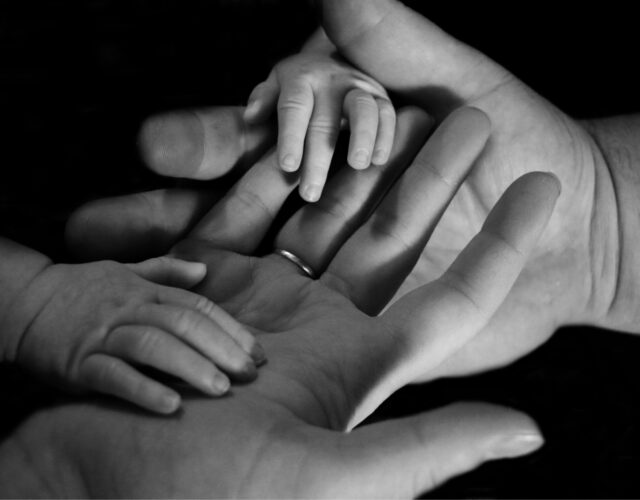Culture – The traditions and shared experiences valued by a family or group: the holidays, pastimes, gatherings, and worship.
Geography – Living in a large cosmopolitan city as opposed to a rural area.
Career & Work Style – Working from home without oversight versus an office environment with a system of rules.
Transportation – How you get around can include driving vehicles that personify status versus something more economical.
Consumption – Are you a shopaholic, buying for yourself and those close to you, or a minimalist consumer?
Wealth – Securing financial resources for the future. For example, living below one’s means to save and invest versus extravagant spending and/or risk-taking.
Bucket Lists – Seeking experiences viewed as personally fulfilling.
Faith – Participation in an organized religion and/or pursuit of spirituality.
Health & Fitness – Are you active in sports and recreation to improve your quality of life?
Food – Preparing healthy food at home or viewing meals as a social activity.
Hobbies & Activities – The pursuit of things that fulfill and interest you.
Social fulfillment – Friendship, community and family. How do things influence our decisions and priorities?
Social Status – This includes community, groups, your family, and your profession. Beyond wealth, this can include physical appearance (how you dress) or respect gained as a professional – worrying what others think.










